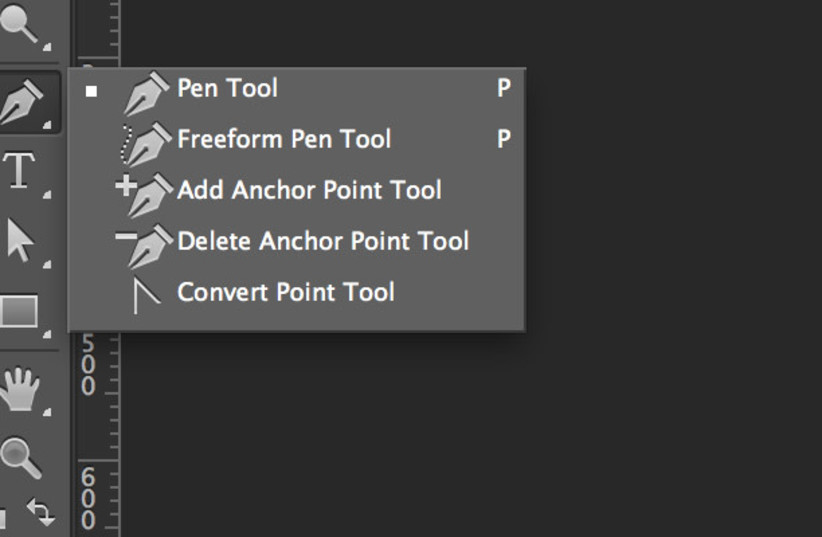A photo editing law that would require advertisers to inform the public when using photoshop on images of models has passed the preliminary reading in the Knesset on Wednesday.
Part of the law proposes to classify advertisements that don't meet the requirements of the law as social injustice and a crime. As such, any advertisers that don't meet the stated requirements and instead release photoshopped commercials without stating that they have been manipulated will face fines ranging from ten thousand NIS to hundreds of thousands of shekels.
The proceeds from the fine will go toward eating disorder prevention and treatment, and the details of the legal case will be published on a governmental website with the names of the violators for a year.
"Eating disorders have been an issue that doesn't affect just the minorities for a long time now," said MK Limor Magen (Yisrael Beytenu) who submitted the law proposal. "We can continue to close our eyes to the changes in society and culture or we can act. I have chosen to act."
"This law proposal is a small change that means the world to the girl sitting at home," Magen added. "When I hear a mother crying down the phone, when a girl tells me that the beauty norms that she sees in advertisements harm her body image and self-esteem, I want to know that I did everything for them."

Another law proposal that passed a preliminary reading on Wednesday would require models to have a minimum weight to prevent companies from using extremely thin models and thus create an unrealistic and dangerous beauty norm.
The two proposals are additions to the original law from 2012, known as the Photoshop Law, and give stricter requirements and more severe repercussions for those who break it.
